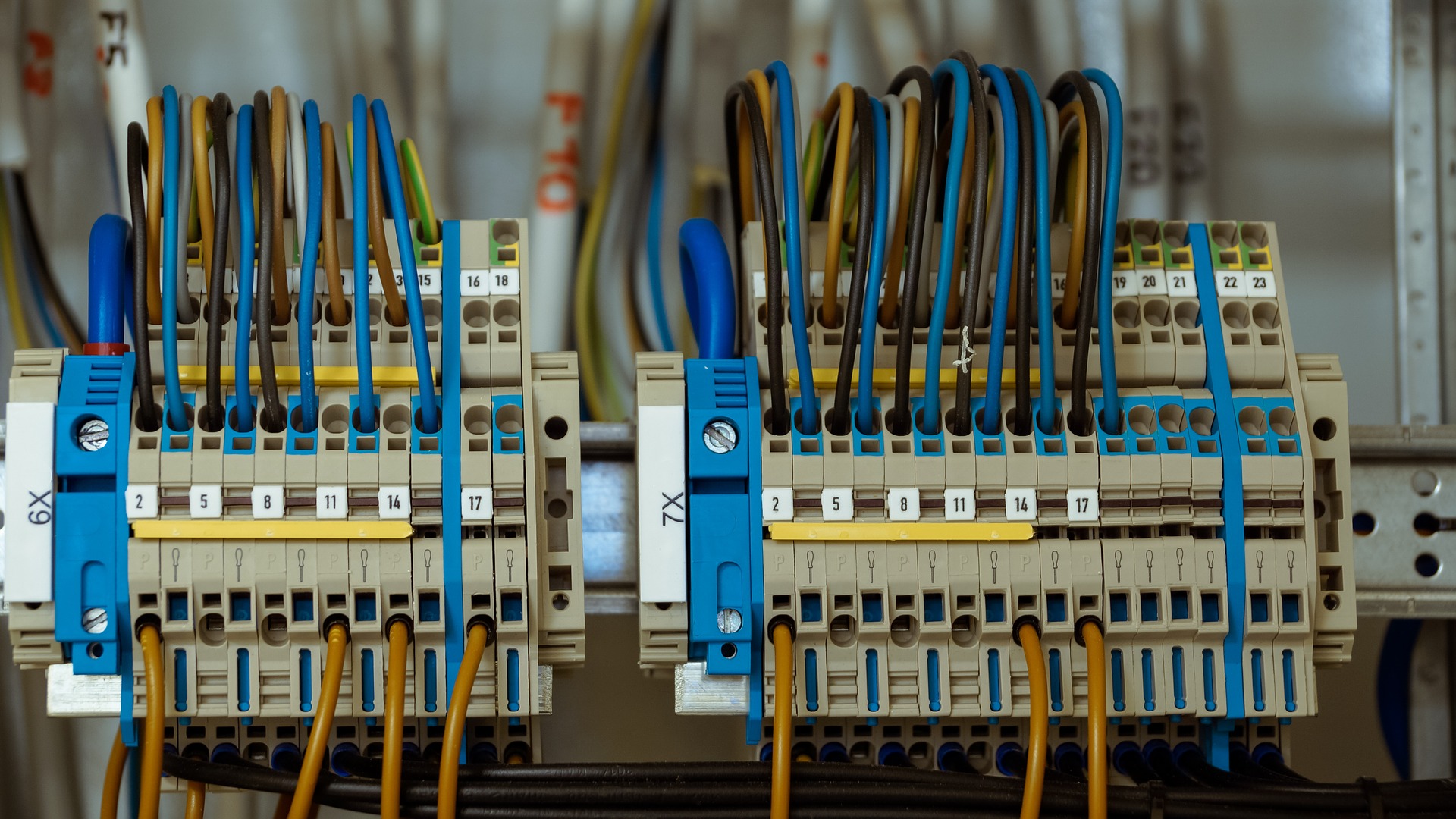The majority of landlords are proactive when it comes to ensuring the safety of their tenants and make a welcome contribution to the housing market. But a minority fail to do so, putting their tenants in danger as a result.
These new Government Regulations require landlords to have the electrical installations in their properties inspected and tested by a person who is qualified and competent, at an interval of at least every 5 years. Landlords have to provide a copy of the electrical safety report to their tenants, and to their local authority if requested.
This means that all landlords now have to do what good landlords already do: make sure the electrical installations in their rented properties are safe.
The Regulations came into force on 1 June 2020 and form part of the Department’s wider work to improve safety in all residential premises and particularly in the private rented sector.
This is a major step towards levelling up the private rented sector, making sure it will offer high-quality, safe and secure housing. Along with our social and owner-occupied sectors, this is housing this country deserves.
This government values the contribution made by good landlords, the majority of whom provide well maintained, safe, secure and high-quality places to live, work and raise families.
Read the Regulations.
Read the Explanatory Memorandum to the Regulations.
Read the full article here
What will happen in the inspection?
The inspection will find out if:
- any electrical installations are overloaded
- there are any potential electric shock risks and fire hazards
- there is any defective electrical work
- there is a lack of earthing or bonding – these are 2 ways of preventing electrical shocks that are built into electrical installations
What about electrical appliances like cookers, fridges, televisions etc?
The Regulations do not cover electrical appliances, only the fixed electrical installations.
We recommend that landlords regularly carry out portable appliance testing (PAT) on any electrical appliance that they provide and then supply tenants with a record of any electrical inspections carried out as good practice.
Tenants are responsible for making sure that any of their own electrical appliances are safe.
See guidance on portable appliance testing (PAT).
Tenants and landlords may consider registering their own electrical appliances with a product registration scheme.
Read the full article here

